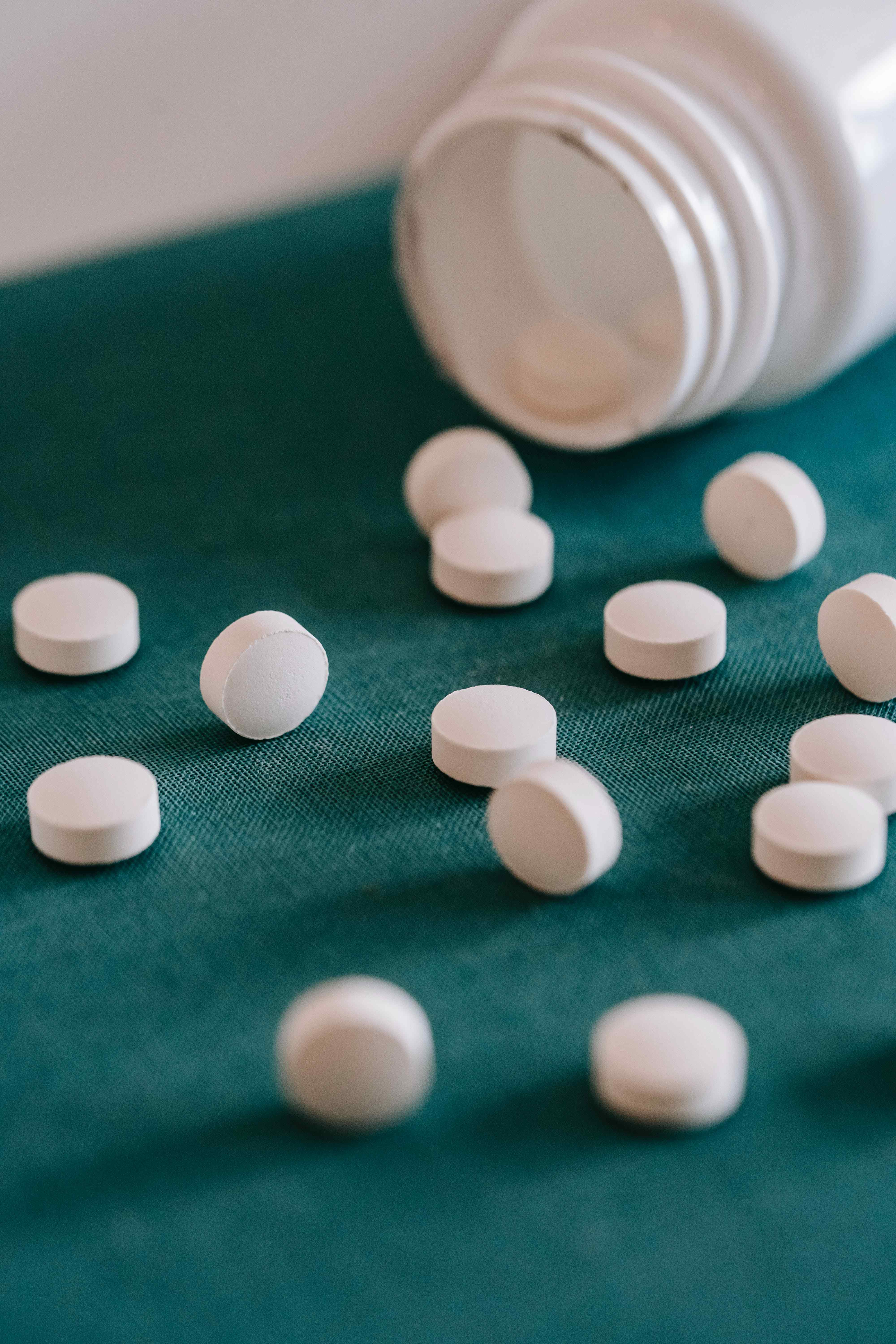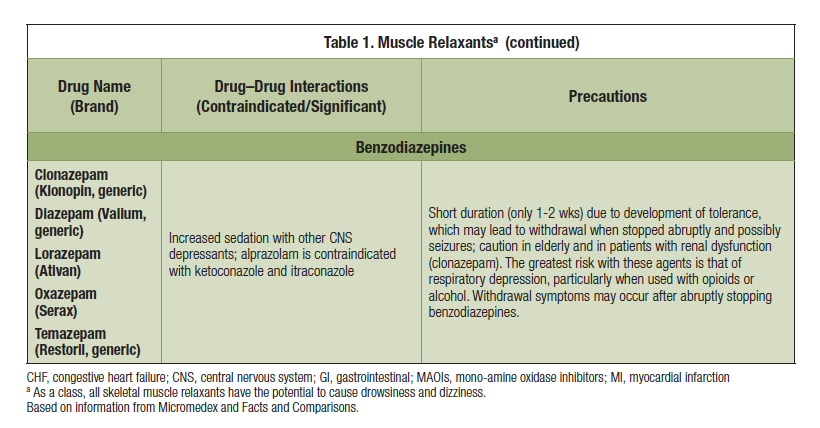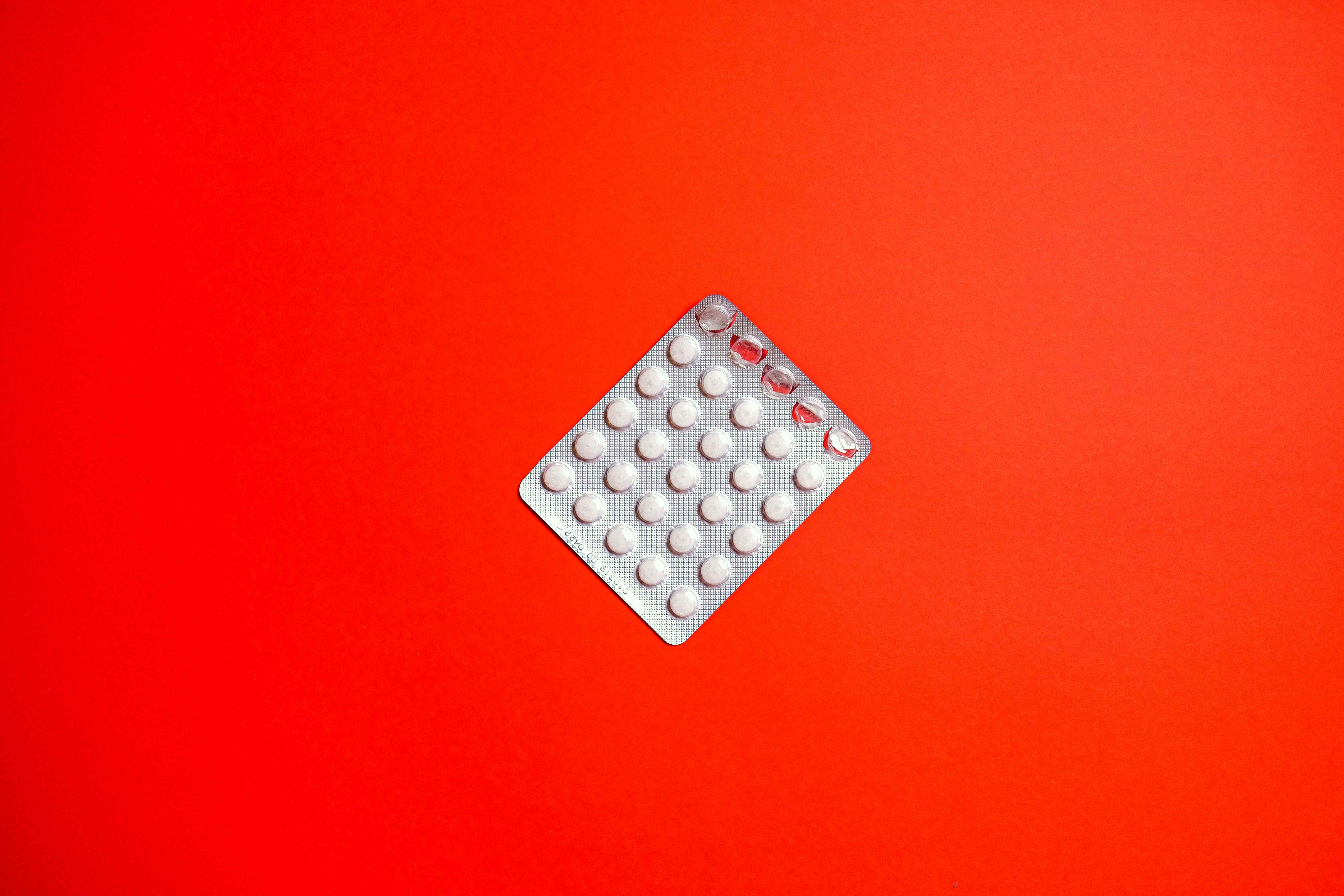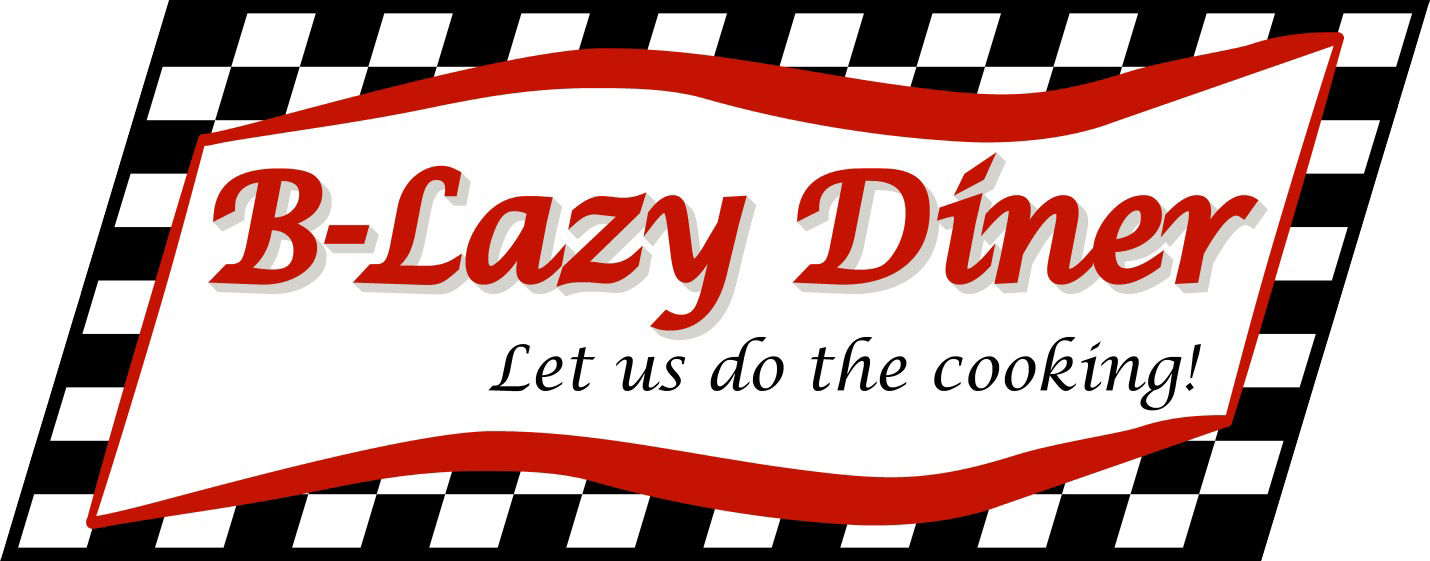Alcohol And Muscle Relaxers: An Overview

When it comes to alcohol and muscle relaxers, understanding drug interactions is crucial. Both alcohol and muscle relaxers are depressants that slow down the central nervous system. Mixing them can lead to intensified side effects, including extreme dizziness and impaired coordination. It’s important to note that alcohol does not counteract the effects of muscle relaxers. Combining the two substances can be dangerous and may result in serious health risks and complications. Seeking medical advice and professional guidance is essential to minimize the risks and ensure the safe use of muscle relaxers.
1 Potential Risks Of Mixing Alcohol And Muscle Relaxers
Mixing alcohol and muscle relaxers can pose various risks to an individual’s health and well-being. When these substances are combined, their sedative effects are intensified, leading to extreme dizziness, drowsiness, and impaired coordination. This can increase the risk of accidents, falls, and injuries. Additionally, both alcohol and muscle relaxers can depress the central nervous system, potentially causing difficulty breathing and even respiratory failure. It is important to note that alcohol does not counteract the effects of muscle relaxers but can rather enhance their negative effects. Therefore, it is crucial to avoid mixing alcohol and muscle relaxers to prevent these potential risks and ensure one’s safety. Seeking medical advice and professional guidance is essential in managing medications and minimizing potential harm.
2 Common Types Of Muscle Relaxers And Their Effects
There are various types of muscle relaxers available, each with its own specific effects on the body. Two common types include Baclofen and Flexeril.
Baclofen is a muscle relaxer that works by reducing muscle spasms and tightness. It is often prescribed for conditions such as multiple sclerosis and spinal cord injuries. The effects of Baclofen may include drowsiness, dizziness, and muscle weakness.
Flexeril, also known as cyclobenzaprine, is another commonly prescribed muscle relaxer. It works by blocking pain signals in the brain and relaxing muscles. Side effects of Flexeril can include drowsiness, dry mouth, and blurred vision.
It is important to note that the effects of muscle relaxers can be intensified when combined with alcohol, leading to increased sedation and impaired coordination.
How Alcohol Affects Muscle Relaxers

When alcohol is consumed in conjunction with muscle relaxers, it can have a significant impact on their effectiveness. Alcohol is a depressant that affects the central nervous system (CNS), just like muscle relaxers. When combined, the sedative effects of alcohol and muscle relaxers can intensify, leading to increased drowsiness, dizziness, and impaired coordination. The combination can also increase the risk of serious side effects, such as respiratory depression and overdose. It is essential to avoid consuming alcohol while taking muscle relaxers to prevent potentially dangerous interactions.
1 Impact Of Alcohol On The Central Nervous System
Alcohol is a depressant that directly affects the central nervous system (CNS). When alcohol is consumed, it slows down brain activity, affects coordination, and impairs judgment. It can also disrupt the neurotransmitters in the brain, leading to changes in mood and behavior. These effects can be intensified when alcohol is combined with muscle relaxers, as both substances depress the CNS. The enhanced depressant effects of alcohol and muscle relaxers can lead to increased drowsiness, impaired motor function, and a higher risk of respiratory depression. It is important to understand and avoid the dangers associated with mixing alcohol and muscle relaxers.
2 Interactions Between Alcohol And Muscle Relaxants
Mixing alcohol with muscle relaxants can have serious interactions and should be avoided. Both alcohol and muscle relaxants are central nervous system depressants, meaning they slow down brain activity and impair motor function. When taken together, the effects can be intensified, leading to increased drowsiness, dizziness, and impaired coordination. The combination can also increase the risk of respiratory depression, which can be life-threatening. It is crucial to understand the potential risks and complications associated with mixing alcohol and muscle relaxants and to seek medical advice before consuming alcohol while taking these medications.
Side Effects And Dangers

Mixing alcohol and muscle relaxers can lead to a range of side effects and dangers. When combined, these substances can intensify the sedative effects, leading to increased drowsiness, dizziness, and impaired coordination. This can increase the risk of accidents and falls, potentially causing injuries. Additionally, the combination of alcohol and muscle relaxers can lead to respiratory depression, a serious condition that can be life-threatening. It is important to be aware of these risks and avoid mixing alcohol with muscle relaxers to ensure safety and avoid any potential complications.
1 Adverse Effects Of Combining Alcohol And Muscle Relaxers
Combining alcohol and muscle relaxers can have adverse effects on the body. The sedative effects of both substances can be intensified when used together, leading to increased drowsiness, confusion, and impaired coordination. This can be especially dangerous when engaging in activities such as driving or operating heavy machinery. Furthermore, the combination can also cause nausea, dizziness, and difficulty breathing, putting individuals at risk of accidents and falls. It is important to avoid mixing alcohol and muscle relaxers to prevent these potentially harmful effects. Seeking medical advice before consuming both substances is recommended.
2 Health Risks And Complications Associated With The Interaction
Combining alcohol and muscle relaxers can result in several health risks and complications. One significant risk is the intensification of sedative effects, leading to increased drowsiness and impaired coordination. This can contribute to accidents and falls, especially when engaging in activities like driving or operating machinery. Additionally, the combination of alcohol and muscle relaxers can also cause difficulty breathing, nausea, and dizziness. These effects put individuals at higher risk of accidents and can have potentially severe consequences. It is crucial to understand these risks and avoid mixing alcohol and muscle relaxers to ensure one’s safety and well-being.
Interactions With Specific Muscle Relaxants

When it comes to alcohol and muscle relaxers, different types of muscle relaxants can have varying interactions and effects. For example, specific muscle relaxants like Baclofen, Flexeril, and Valium may have more potent interactions with alcohol, leading to heightened sedative effects and increased risk of drowsiness and impaired coordination. On the other hand, muscle relaxants such as Soma, Robaxin, and Skelaxin may also exacerbate the sedative effects of alcohol, putting individuals at higher risk of accidents and potential harm. It is essential to consult with a healthcare professional or pharmacist to understand the specific interactions and risks associated with the muscle relaxant being taken and alcohol consumption.
1 Baclofen, Flexeril, And Valium Interactions With Alcohol
Baclofen, Flexeril, and Valium are commonly prescribed muscle relaxants, and their interactions with alcohol can be potent and potentially dangerous. Combining these medications with alcohol can lead to heightened sedative effects, such as increased drowsiness, impaired coordination, and decreased alertness. The central nervous system depressant effects of alcohol and these muscle relaxants can amplify each other, putting individuals at a higher risk of accidents and potential harm. It is crucial to avoid drinking alcohol while taking Baclofen, Flexeril, or Valium to ensure the safe and effective use of these medications.
2 Soma, Robaxin, And Skelaxin Reactions To Alcohol
Soma, Robaxin, and Skelaxin are commonly prescribed muscle relaxants that can have adverse reactions when mixed with alcohol. Soma, or carisoprodol, is known to cause drowsiness, impaired coordination, and confusion when combined with alcohol. Robaxin, or methocarbamol, may intensify the sedative effects of alcohol, leading to increased drowsiness and impaired motor function. Skelaxin, or metaxalone, can also amplify the sedative effects of alcohol, resulting in increased drowsiness and decreased alertness. It is crucial to avoid drinking alcohol while taking Soma, Robaxin, or Skelaxin to ensure one’s safety and minimize the risk of accidents or harm.
Managing Interactions And Seeking Help

When it comes to managing interactions between alcohol and muscle relaxants, there are a few key strategies to consider. First and foremost, it is important to avoid consuming alcohol while taking muscle relaxants to minimize the risk of complications. Additionally, following the prescribed dosage and scheduling of muscle relaxants is crucial for their safe and effective use. It is also advisable to consult with a healthcare professional or pharmacist about potential interactions and to seek their guidance on the safest course of action. If you or someone you know is struggling with the misuse of alcohol or muscle relaxants, it is essential to seek help from a medical professional or addiction specialist who can provide appropriate treatment and support. Remember, seeking help is a critical step towards recovery and well-being.
1 Ways To Minimize Risks Of Alcohol And Muscle Relaxer Interaction
To minimize the risks of alcohol and muscle relaxer interaction, it is essential to follow these strategies:
- Avoid alcohol consumption while taking muscle relaxers to prevent potential complications.
- Always consult with a healthcare professional or pharmacist about potential interactions and seek their guidance on the safest course of action.
- Stay informed about the specific muscle relaxer you are prescribed and understand its potential effects and interactions with alcohol.
- Follow the prescribed dosage and scheduling of muscle relaxers to ensure their safe and effective use.
- Be aware of the side effects and dangers of combining alcohol and muscle relaxers and prioritize your health and safety.
By practicing these measures, you can help reduce the risks associated with the interaction between alcohol and muscle relaxers and ensure your well-being.
2 Importance Of Medical Advice And Professional Guidance
Seeking medical advice and professional guidance is crucial when it comes to the interaction between alcohol and muscle relaxers. Healthcare professionals have the expertise to assess your specific situation and provide personalized recommendations. They can evaluate potential risks and benefits and guide you on the safest course of action. Additionally, pharmacists can provide important information about drug interactions and advise on proper medication use. It is essential to communicate openly with healthcare professionals and follow their guidance to ensure your health and safety when using muscle relaxers and alcohol.
Conclusion And Resources

In conclusion, it is important to understand the potential risks and complications of mixing alcohol and muscle relaxers. This combination can lead to respiratory depression, increased risk of accidents and injuries, and worsened side effects and adverse reactions. Seeking professional medical advice and guidance is crucial to ensure your safety and minimize the potential harm associated with this interaction. If you or someone you know is struggling with the misuse of alcohol or muscle relaxers, resources such as healthcare professionals, addiction helplines, and substance abuse treatment programs can provide the necessary support and assistance. Remember, your health and well-being should always be a top priority.
Resources:
– National Helpline for Substance Abuse and Mental Health Services: 1-800-662-HELP (4357)
– Alcoholics Anonymous: www.aa.org
– National Institute on Drug Abuse: www.drugabuse.gov
– Substance Abuse and Mental Health Services Administration: www.samhsa.gov
1 Summary Of Key Points On Alcohol And Muscle Relaxer Interactions
When it comes to mixing alcohol and muscle relaxers, there are several key points to keep in mind. First and foremost, this combination can have serious risks and complications. It can lead to respiratory depression, increased accidents and injuries, and intensified side effects and adverse reactions. It is important to understand that alcohol affects the central nervous system and interacts with muscle relaxants, potentially amplifying their effects. It is crucial to seek medical advice and guidance to minimize the risks associated with this interaction. Remember, your health and well-being should be your top priority.
resources :
2 Where To Find Additional Information And Support
For additional information and support regarding the risks and interactions between alcohol and muscle relaxers, it is recommended to consult healthcare professionals. They can provide detailed guidance and answer any specific questions or concerns. In addition, reputable online resources such as Drugs.com and NorthJerseyRecovery.com offer valuable information on the dangers of mixing muscle relaxers and alcohol. Remember to prioritize your health and seek professional help to ensure safe and informed decisions.
FAQ About Alcohol And Muscle Relaxers: Understanding Drug Interactions
Q: What are muscle relaxers?
A: Muscle relaxers are drugs that help relax muscles and reduce muscle spasms, stiffness, and pain.
Q: Can you mix alcohol with muscle relaxers?
A: It is not recommended to mix alcohol with muscle relaxers as it can increase the sedative effects of both substances and lead to drowsiness, dizziness, impaired coordination, and other potential risks.
Q: What are the potential risks of combining alcohol and muscle relaxers?
A: Combining alcohol and muscle relaxers can result in excessive drowsiness, slowed breathing, impaired motor skills, memory problems, and an increased risk of accidents or overdose.
Q: How can alcohol affect the effectiveness of muscle relaxers?
A: Alcohol can interfere with the way muscle relaxers work in the body, reducing their effectiveness in relieving muscle spasms and pain.
Q: Are there any long-term effects of combining alcohol and muscle relaxers?
A: Long-term use of alcohol in combination with muscle relaxers can increase the risk of developing addiction, tolerance, dependence, and other serious health complications.
Q: What should someone do if they have unintentionally mixed alcohol with muscle relaxers?
A: If someone has unintentionally mixed alcohol with muscle relaxers and experiences severe symptoms such as difficulty breathing, confusion, or loss of consciousness, they should seek immediate medical attention.

A local, family-owned fast food and ice-cream diner in Wind Lake, Wisconsin. We might be small, but we are big on fast-friendly service with everything cooked to order. B-Lazy Diner offers chicken and fish fry buckets, served up with French fries and our famous homemade coleslaw and tarter sauce, along with a variety of wraps, seasoned burgers, homemade soups, and, of course, ice cream cones, sundaes, malts, and shakes.